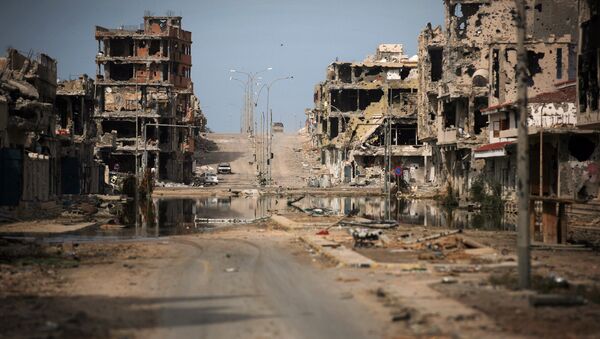"Disastrous. The humanitarian situation is really not good. The medical situation, hospitals – 60 percent are not working. We have 435,000 internally displaced persons [IDPs] out of the population of six [billion]," Kobler said in an interview.
He recalled that the humanitarian aid was being given to the Libyan people in need by the international community and the UN agencies, but only 25 percent of the agreed humanitarian response plan was funded.
Kobler noted that control over the humanitarian situation in the country was "the task and obligation of the politicians… [who should] not only think about their personal interests."
On March 31, the long-anticipated UN-backed Government of National Accord (GNA) in Libya started to perform its duties, with the conflict outcomes yet to be addressed. The government has so far failed to unite the country.
In May, the United States and Italy co-chaired a meeting of foreign ministers in Vienna to discuss supporting Libya’s new government with security and humanitarian assistance. The ministers agreed that the delivery of humanitarian aid through the GNA was the first priority for all parties to the conflict, and called on the UN-backed authority to distribute aid to the entire country as soon as possible.




